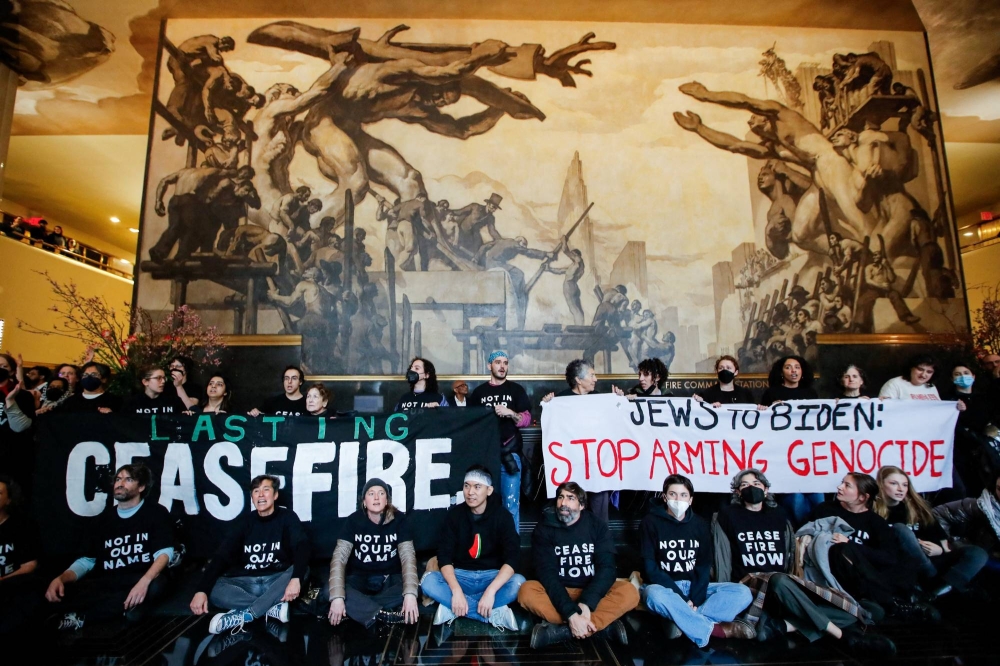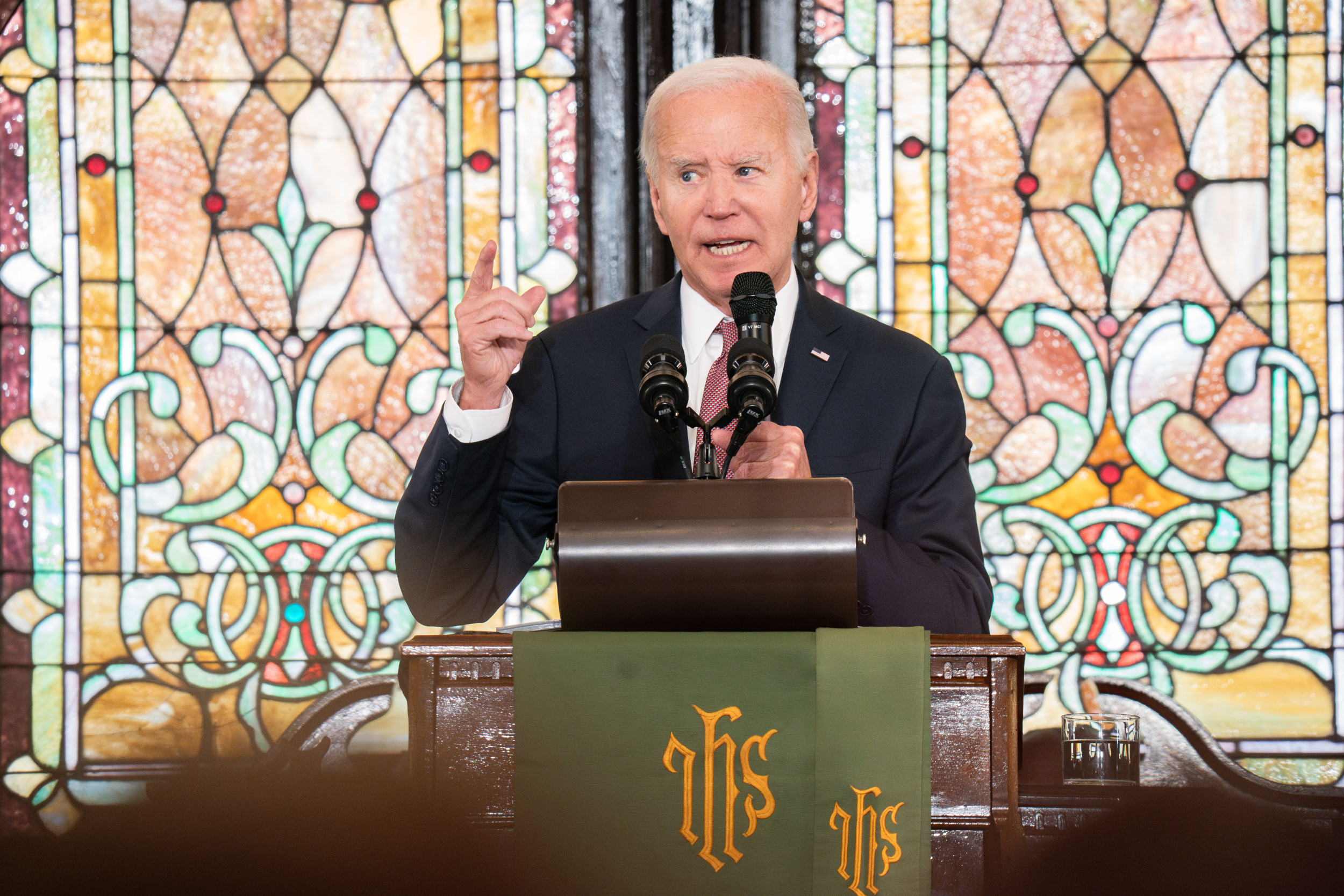The Biden administration has encountered significant challenges and criticism regarding its policy stance on the Gaza conflict, eliciting a contentious debate both domestically and internationally. This article delves into the complexities surrounding the administration’s approach, the reactions it has provoked, and the implications for U.S. foreign policy in the Middle East.
Understanding the Biden Administration’s Gaza Policy
Since taking office, President Joe Biden has sought to navigate the delicate balance of supporting Israel’s right to self-defense while advocating for Palestinian rights and a sustainable peace in the region. The administration initially emphasized dialogue and multilateral diplomacy to de-escalate tensions and address underlying grievances on both sides of the conflict.
Criticism and Domestic Backlash
- Progressive Democrats: Within the Democratic Party, progressive lawmakers have criticized the administration for not taking a more assertive stance against Israeli actions in Gaza. Calls for conditioning military aid to Israel and holding it accountable for human rights violations have intensified, reflecting a shift in public opinion towards more balanced U.S. policy in the region.
- Civil Society and Activist Groups: Civil society organizations and activist groups have mobilized demonstrations and campaigns urging the administration to adopt a more pro-Palestinian stance. They argue that U.S. military aid to Israel perpetuates the conflict and undermines efforts for a just and lasting peace.
International Reactions and Diplomatic Challenges
- Global Criticism: Internationally, the U.S. stance on Gaza has faced criticism from countries, international organizations, and human rights bodies for perceived bias and insufficient commitment to Palestinian rights. This has strained diplomatic relations and challenged U.S. leadership in promoting peace and stability in the Middle East.
- United Nations and Humanitarian Concerns: The United Nations and humanitarian agencies have raised alarms over the humanitarian crisis in Gaza, exacerbated by military conflicts and ongoing blockade. They have called for immediate humanitarian assistance and a cessation of hostilities to prevent further civilian casualties and displacement.
Policy Responses and Diplomatic Maneuvering

- U.S. Diplomatic Efforts: Despite challenges, the Biden administration has continued diplomatic engagements with regional stakeholders, including Israel, the Palestinian Authority, and neighboring countries. Efforts to revive dialogue and support humanitarian initiatives aim to de-escalate tensions and address root causes of the conflict.
- Congressional Dynamics: In Congress, debates over U.S. foreign aid to Israel and conditions attached to it underscore deep divisions and evolving perspectives on U.S. policy in the Middle East. Legislative proposals seeking to restrict or review military assistance to Israel reflect growing concerns over accountability and human rights.
Future Prospects and Challenges
The path forward for the Biden administration involves navigating complex geopolitical realities, balancing domestic pressures with international expectations, and fostering inclusive dialogue towards sustainable peace. Key considerations include:
- Humanitarian Assistance: Increasing humanitarian aid to Gaza and supporting reconstruction efforts to alleviate suffering and rebuild infrastructure.
- Political Engagement: Strengthening diplomatic efforts to promote dialogue, confidence-building measures, and a negotiated two-state solution that addresses the aspirations of both Israelis and Palestinians.
- Multilateral Cooperation: Working with international partners, including the United Nations and regional organizations, to advance peace initiatives and ensure accountability for violations of international law.
Conclusion
In conclusion, the Biden administration’s handling of the Gaza conflict has sparked significant controversy and debate, reflecting broader shifts in U.S. foreign policy priorities and public sentiment. The challenges it faces—from domestic political pressures to international criticism—underscore the complexity of addressing longstanding conflicts in the Middle East. Moving forward, a balanced and principled approach that prioritizes human rights, humanitarian assistance, and sustainable peace remains crucial for shaping U.S. policy and fostering stability in the region.


